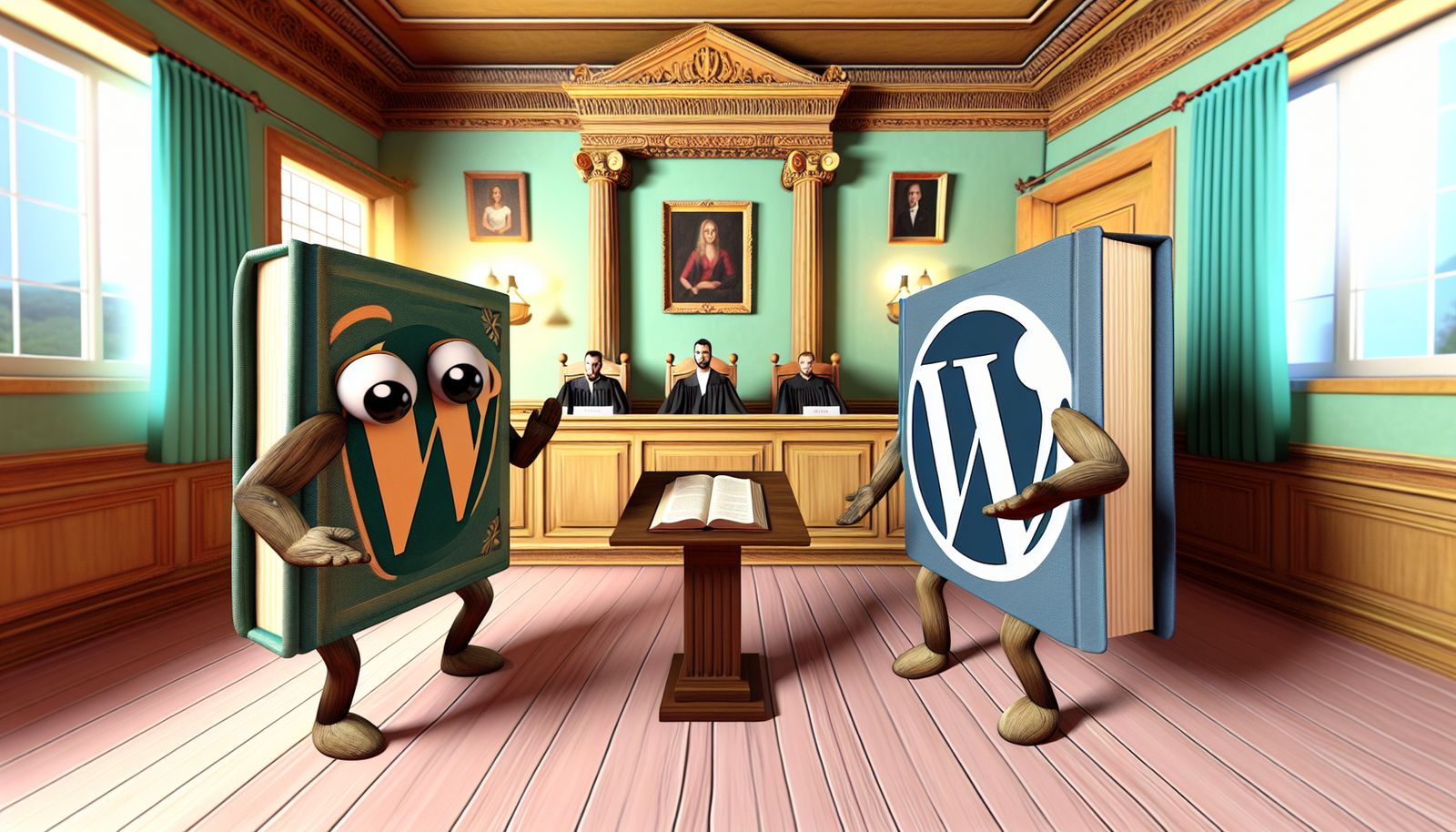Automattic Faces Lawsuit Over WordPress Trademark Dispute
Automattic, the company behind WordPress, has been embroiled in legal troubles following a lawsuit filed by WP Engine, a prominent WordPress hosting provider. The lawsuit claims that Automattic and its founder, Matt Mullenweg, executed a manipulative scheme to coerce WP Engine into making significant payments for the use of the WordPress trademark. This complaint was officially filed in the US District Court for the Northern District of California.
Allegations of Extortion and Misconduct
The filed complaint describes a scenario of “abuse of power, extortion, and greed,” arguing that Automattic’s actions contradict the open-source ethos at the heart of the WordPress community. According to the accusations, WP Engine has been subjected to a series of actions – including being barred from accessing WordPress.org resources and having their updates blocked due to non-compliance with financial demands.
WP Engine’s lawsuit claims that Automattic’s demands stem from a desire to profit improperly from WP Engine’s use of WordPress, alleging that a request for “a mere 8% royalty” on WP Engine’s substantial annual revenue equates to approximately $32 million in licensing fees.
Mullenweg’s Controversial Statements
In recent blog posts, Mullenweg has publicly criticized WP Engine, labeling the company as “a cancer to WordPress,” alleging that they undermine the integrity of the WordPress platform. His remarks extend to questioning WP Engine’s commitment to the open-source community, suggesting that their enhancements to WordPress software dilutes its value and misleads customers.
Promises of Open Access and Control of Trademarks
The legal strife draws attention to the historical context of WordPress’s trademark management. In 2010, promises were made to the community regarding the open access of WordPress’s source code and trademarks that have now come into question. WP Engine argues that Automattic’s actions go against these foundational commitments, claiming they are manipulating trademark rights for financial gain.
In the issuance of the lawsuit, WP Engine described how Automattic’s demand for a licensing fee coincided with aggressive public actions against them, including defamation and blocking access to community resources.
Defense Against Trademark Claims
Automattic has maintained that they hold commercial rights to the WordPress trademark and that WP Engine’s reliance on these trademarks constitutes unfair competition. In response to the filing, Automattic’s spokesperson reiterated confidence in their position, contending that WP Engine’s use of the WordPress name is indeed unauthorized and serves to confuse customers about their affiliation with Automattic.
Conclusion
As the legal battle unfolds, both sides prepare for potential public scrutiny, with WP Engine seeking a court declaration to affirm their rights to use the WordPress trademark without liability. The outcome may have significant implications not only for WP Engine and Automattic but for the broader open-source community as it navigates the complexities of trademark law and competition in tech.

